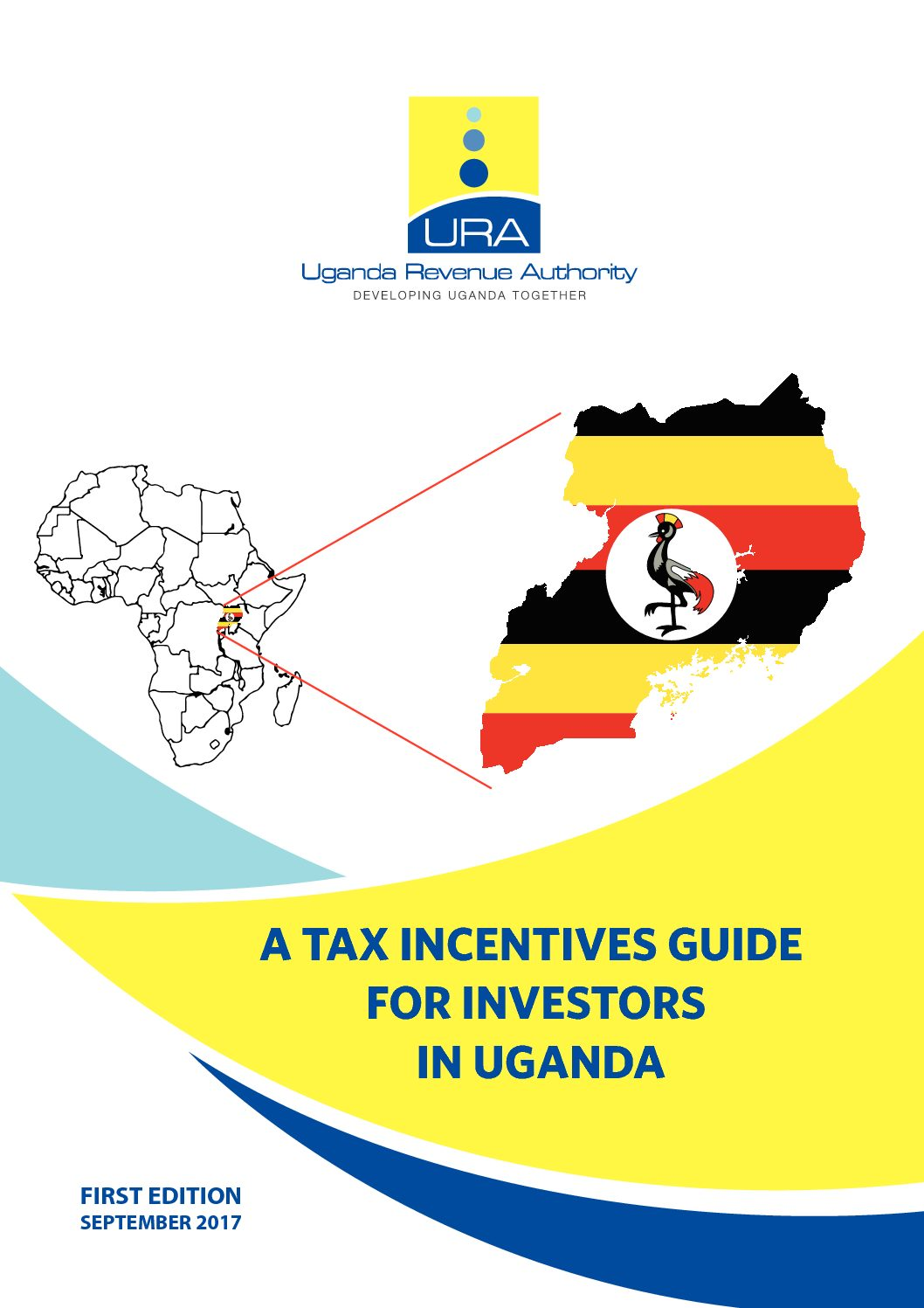The Uganda Revenue Authority (URA), says that provision of tax incentives to both domestic and foreign investors is one of the policies that government has employed over the years to boost investments in the country.
According to URA, the incentive regime is structurally embedded in the country’s tax laws, making them non- discriminatory and accessible to both domestic and foreign investment depending on the sector and level of investment.

‘… tax incentive regime will spur investments within the economy and in so doing contribute to the achievement of Uganda’s Vision 2040 whose aspirations are to transform Uganda from a predominantly low income country to an upper middle income country within 30 years,’ says URA’ Commissioner General, Doris Akol.
According to Ms Akol, having knowledge of the existing tax incentives by prospective local and foreign investors encourages many to take advantage of the incentives and invest in the country, the reason, URA has introduced a Tax Incentives Guide for Investors.
The Guide is a consolidation of all the tax incentives under International Trade (Customs) and Domestic Taxes and will be updated annually in line with Government’s fiscal policies.
Further, the Guide outlines incentives enjoyed in relation to both international taxes and domestic taxes. International tax incentives, according to the Guide, takes into consideration sectors such as; agriculture, manufacturing, transport, Oil and Gas, education and sports, energy, hotel and tourism, security, health and medical and construction. Domestic tax incentives focus on sectors such as agriculture, transport, petroleum and mining, manufacturing, energy, insurance, health, non-sector base items such as international payment of interest on debentures issued out of Uganda, scientific research, depreciation allowance, carry forward losses and collective investment schemes as well as Business Processing Outsourcing.








